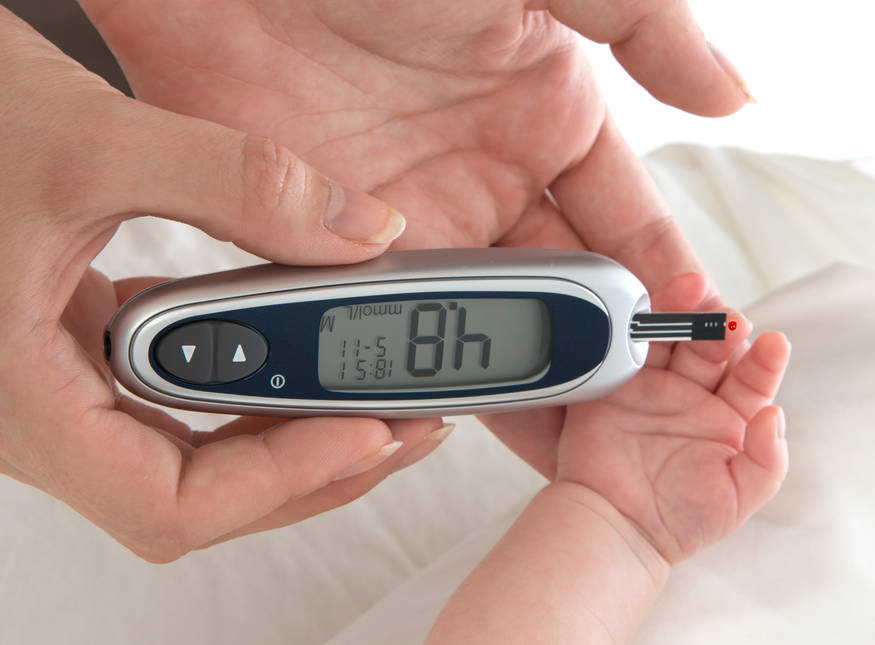Type 2 diabetes costs Dutch economy over €1 billion a year

Type 2 diabetes costs the Dutch economy more than €1 billion a year, mainly because people with the condition are less able to work or earn lower wages if they do have a job, according to a new study by SEO Economic Research.
The research, carried out for the Amsterdam Research Center for Health Economics, found that the disease reduces people’s ability to work and increases the likelihood of claiming benefits.
“People who develop diabetes are less likely to have a job, more often rely on benefits, and those who do stay in work tend to work fewer hours and earn less,” lead researcher Wouter Vermeulen told broadcaster NOS.
“That means they contribute less to the economy, and we calculated those costs at over €1 billion a year. And that’s only the impact on the labour market.”
Type 2 diabetes occurs when the body no longer responds properly to insulin. Around 1.1 million people in the Netherlands have the condition, according to the Diabetes Fund.
It mainly affects adults and is often linked to lifestyle factors. About half a million people aged 18 to 67 require medication to control their blood sugar, and for those who also use insulin, the chance of having a job drops by nearly five percentage points.
The researchers said investing in prevention would quickly pay for itself when compared with the economic losses caused by the illness.
They point to several measures that have proved effective abroad, such as introducing a tiered sugar tax on soft drinks, reimbursing weight-loss medication for people with obesity, and starting a national screening programme to detect type 2 diabetes earlier.
Thank you for donating to DutchNews.nl.
We could not provide the Dutch News service, and keep it free of charge, without the generous support of our readers. Your donations allow us to report on issues you tell us matter, and provide you with a summary of the most important Dutch news each day.
Make a donation